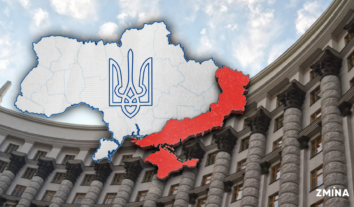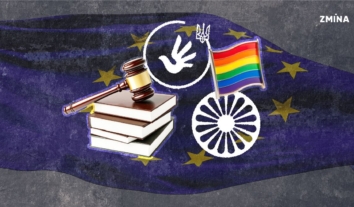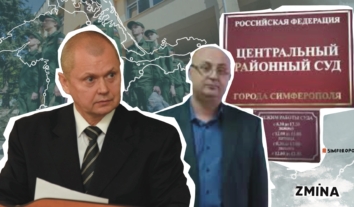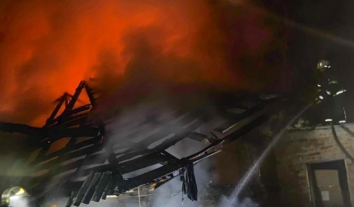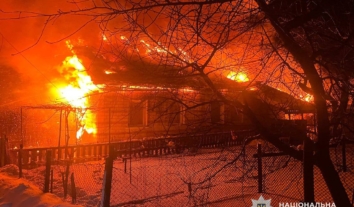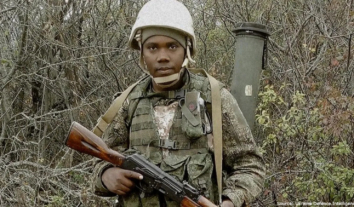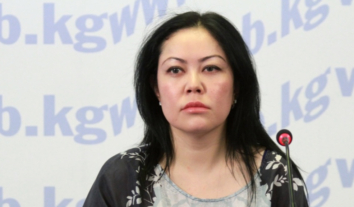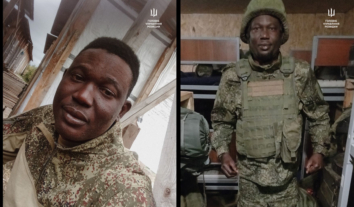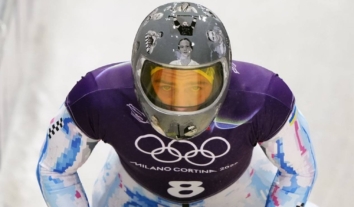Transit Budapest
Thousands of refugees from Syria and Afghanistan, as well as from Palestine, Iraq, Iran, Africa should first pass the Hungarian gates to get to safe Europe.
The Hungarian government long kept the borders closed for refugees, who mostly came here without a passport and Schengen visa. The border guards behaved rudely. Slightly over a week ago, the government of Hungary allowed the migrants to travel to Vienna without Schengen visas. Over three thousand refugees left Budapest within few days. While awaiting the decision of the Hungarian government, they were sleeping in the open air at the railway station…
Budapest. September 10. Eight o’clock in the evening. Dampness and cold.
The camp of refugees has been set up on a small square near the subway exit to the Budapest Keleti train station (“The East Railway Station”). First, I notice the young men in dirty clothes. They sit on the stairs, just a piece of a cardboard box lies between them and the cold pavement. They are eating something resembling potato with meat and tomatoes from a plastic container.
I look around and notice a bunch of clothes and children’s shoes. A thirteen-year-old boy tries to find some shoes for him there. He is in a hurry. His dirty feet are too big for the chosen flip-flops. Giving a grumpy wave of his hand, he puts old slippers on…
I see the makeshift canteen. The volunteers pour either soup or porridge in plastic plates. The boxes of fruit, biscuits and bottles of water are placed nearby. The warehouse of mattresses and sleeping pads can be seen a little further.
I meet a young man. He wears unwashed sweater and pants. Coarse black hair has become even coarser because of dirt. He has tired unshaven face. I’m surprised to notice hope in his eyes.
The man says that life in his homeland, in Syria, has become not just difficult, but miserable. “There is no electricity, no water, no petrol … No economy. We can make money nowhere. Everything costs a fortune. I could not even earn enough to buy food,” my interlocutor says. He does not allow taking his photo. “Don’t. If I’m recognized there, in Syria, I’ll have problems…” he shakes his head.
In Budapest, the man enjoys a few days of rest, hot food, care of volunteers. But he is set to move further. “I want to find a safe place,” the Syrian explains, saying goodbye to me.
There are people of different professions, ages, even nationalities among the volunteers. Here I’ve met a university’s professor, a student from India, two Hungarian citizens of Syrian descent. The residents of Budapest bring the things of daily necessity, clothes and food. Here, the things are being sorted and distributed. The first aid post has been set up not far from the subway station.
The camp resembles a large busy hive. However, I don’t feel hopelessness despite the dirt, autumn drizzling rain and hardships.
A young guy is playing guitar and singing a song near the railway station entrance. A dozen of local “singers” are singing along with him. I recognize passionate Spanish motifs. Suddenly, the “singers” start to dance. I notice smiles… and calm on their faces.
The strong voice pierces all this chaotic noise out of the blue. A heavily-built volunteer tries to explain something. People gather around him. It turns out that a train to Vienna departs in ten minutes, and all, who wants, may come to him to get the tickets, purchased by the volunteers.
I hurry to the platform.
On my way there, I meet two or three women dressed in long clothes with scarves on their heads. A group of children is playing around them. Having seen me holding a camera, the women start to shout loudly and wave with their hands. I guess they don’t want me to take photos of them and their children. A hundreds of cameras, tablets and other gadgets have been recently following them… No right to privacy is their price for a chance to have a better life.
The Budapest – Hegyeshalom train is on the platform. It’s a special train. It’s the train of hope. The destination is a town twenty kilometers of Vienna. What’s next?
A young woman with a child outruns me. A girl, holding the adult’s hand with her little fingers, barely keeps pace with the woman.
The alarming din from few other men appears on the platform. They are carrying half-empty bags with their belongings they managed to take from home. They are running to the train’s carriage. The attendants do not stop them.
The doors of the carriage suddenly close. The men give a bewildered cry, start to wave with their hands helplessly. I notice sorrow on their faces. The attendants get their bearings quickly and push on the button to open the door. The passengers breathe a sigh of relief and, bustling each other, enter the carriage. Finally, the train begins to move. The last carriage swiftly disappears in the dark.
The platform will stay empty not long. A new train comes in an hour. The tired migrants will again hurry to catch it, holding the ticket to a new life in their hands.
Iryna Vyrtosu, Human Rights Information Center



















